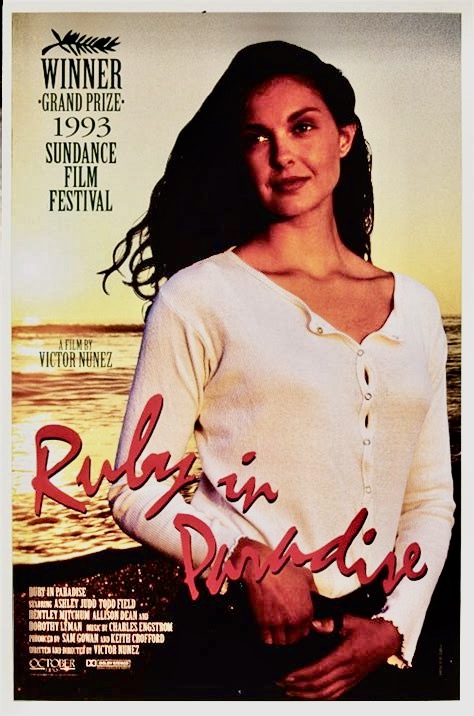The other night my wife and I re-watched “Ruby in Paradise,” the 1993 Victor Nunez film starring a 25-year-old Ashley Judd. We didn’t remember anything about the movie except that we’d like it the first time. And we liked it just as much this time.
What struck me most about the story of a naive woman who leaves her backwoods Tennessee home to make a new life on the Florida shore is how much the writer and director trust the characters and situation to develop and carry the story’s conflict and emotional weight.
There’s one incident of sexual harassment and Judd’s Ruby has consensual sex, but otherwise the movie is refreshingly free of the violence that substitutes for conflict, gratuitous sex that takes the place of emotional content, and addiction that stands in for personal peril in movie after movie, TV show after TV show, and even book after book today.
The movie is also free of the shallow values and empty ambitions of so much “entertainment” today, in which glitz and power seem to be the only things anyone desires anymore.
As a result, the viewer is able to invest emotionally in the hardships and triumphs of a young woman with modest ambitions trying to become her own woman in a world where that isn’t easy.
The movie is available on Prime Video right now.













